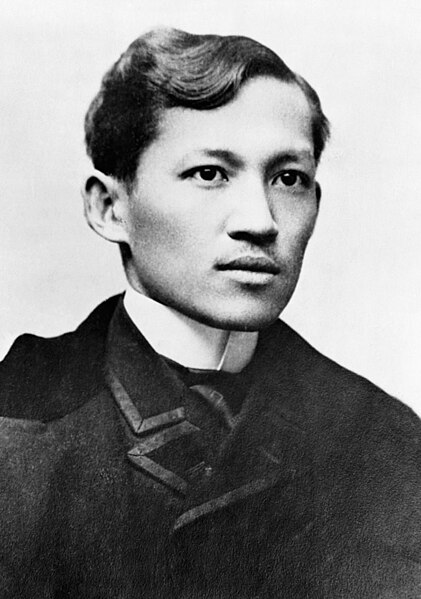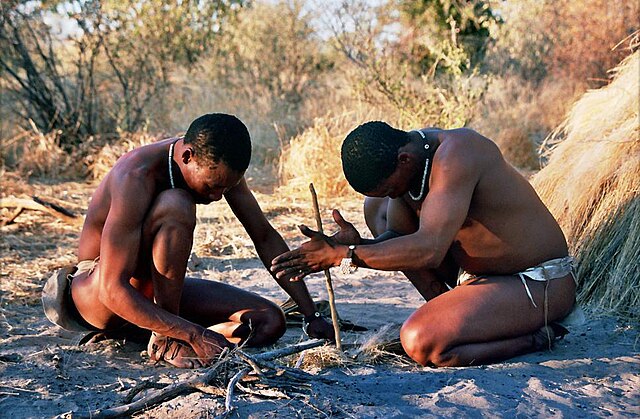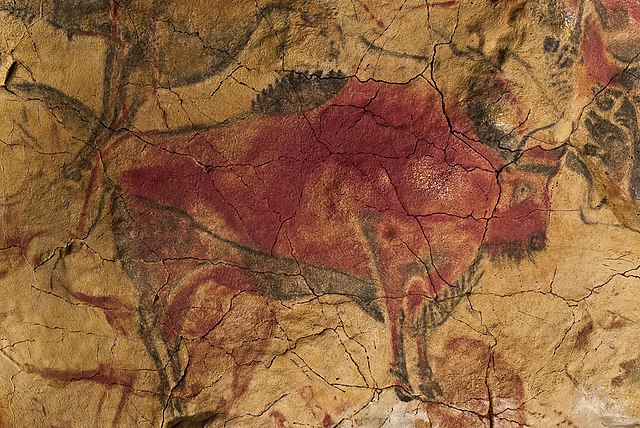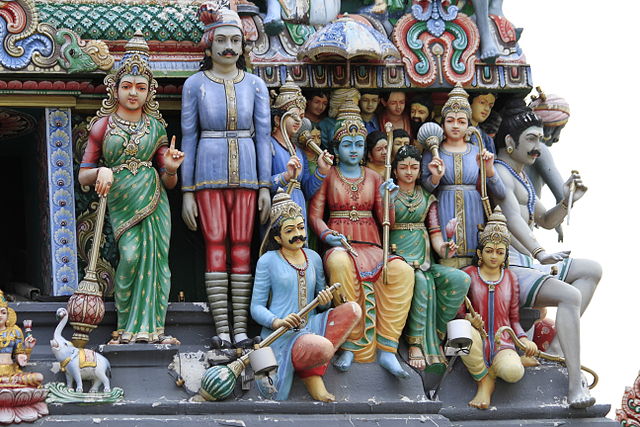A society is a group of individuals involved in persistent social interaction or a large social group sharing the same spatial or social territory, typically subject to the same political authority and dominant cultural expectations. Societies are characterized by patterns of relationships between individuals who share a distinctive culture and institutions; a given society may be described as the sum total of such relationships among its constituent members.
Ant social ethology: Ants are eusocial insects. The social group enables its members to benefit in ways that would not otherwise be possible on an individual basis.
José Rizal, a theorist of colonial societies
San people in Botswana start a fire by hand.
Maasai men perform adumu, the traditional jumping dance.
Culture is a concept that encompasses the social behavior, institutions, and norms found in human societies, as well as the knowledge, beliefs, arts, laws, customs, capabilities, and habits of the individuals in these groups. Culture is often originated from or attributed to a specific region or location.
Human symbolic expression developed as prehistoric humans reached behavioral modernity.
Religion and expressive art are important aspects of human culture.
Germans marching during a folk culture celebration
Pygmy music has been polyphonic well before their discovery by non-African explorers of the Baka, Aka, Efe, and other foragers of the Central African forests, in the 1200s, which is at least 200 years before polyphony developed in Europe. Note the multiple lines of singers and dancers. The motifs are independent, with theme and variation interweaving. This type of music is thought to be the first expression of polyphony in world music.








